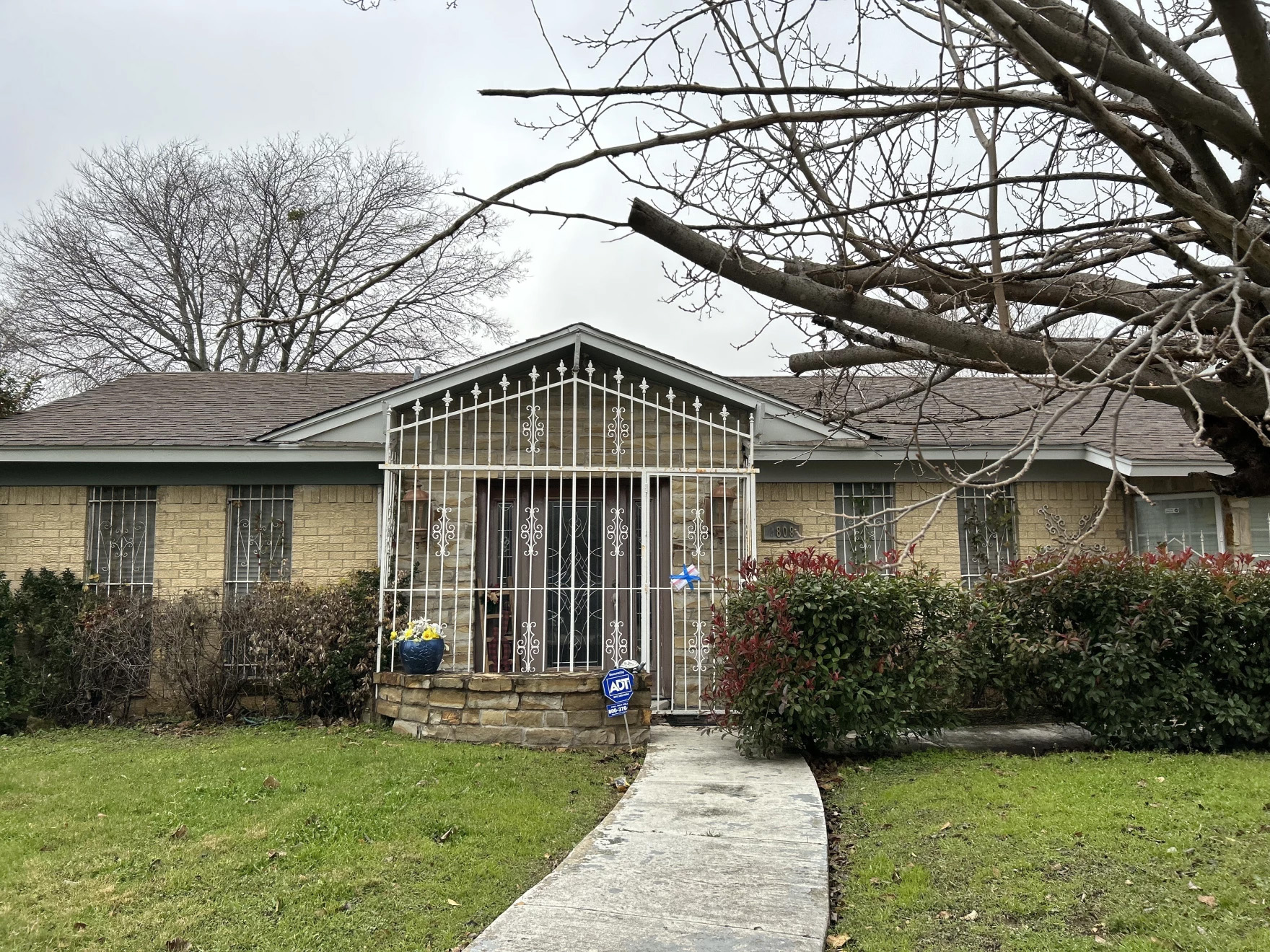From KERA News:
It seems obvious. If you’re running for local or state office in Texas, you must be a resident of the district you want to represent.
But this primary election season, at least two North Texas candidates are fighting accusations they live somewhere else. Republican Texas Senate candidate Brent Hagenbuch has been allowed to continue campaigning while questions about his residency remain. The same goes for a Democratic candidate for Tarrant County Constable Precinct 8, John Wright.
Both cases ended up in court, where residency challenges face an uphill battle, experts say.
That’s because the definition of “residency” in Texas law is squishier than anyone might think.
“In Texas, residency is kind of a state of mind,” said Roger Borgelt, an Austin attorney who offers ethics advising for political candidates.
The law appears to be clear on the issue.
For many positions, like constable, candidates must have lived in Texas for a year and in their district for six months, according to the Texas Secretary of State.
Other offices have stronger requirements. State senators must have lived in Texas for five years and in their district for one year.
But what does it mean to be a resident, in the eyes of Texas courts?
Beyond someone’s real address, they take the intent to live somewhere into account, Borgelt said.
“That doesn’t necessarily mean that you actually have a house [in the district] or sleep there overnight,” he said. “You can actually have a lot that you intend to build a house on, say, when you retire, and that can be your residence. A vacant lot.”
That vacant lot argument has really worked, by the way.
Former State Rep. Frank Corte Jr. listed a vacant lot in northwest San Antonio as his district address while running for reelection in 2008, according to the San Antonio Express-News. Corte told the publication he once had a home on the lot, and he planned to build a new one.
“As long as I intend to return — that’s my residence,” Corte said. He later won the election.
This broad definition of residency makes it hard to get someone kicked off the ballot over residency concerns, Houston political attorney Cris Feldman said.
“If there’s some evidence that a given address is where somebody wants to live, some evidence relating to physical effort to live in that place, then it’s going to be hard to challenge that person,” he said.
If you’re an election sleuth, trying to figure out where your local candidate really lives, you’ll probably start with public records — particularly something called a homestead exemption. That’s a property tax break people can only claim on their primary residence.
If a candidate has a homestead exemption on a house outside their district, you’ve already caught them red-handed, right?
Wrong, Feldman said.
“There really is no smoking gun unless there’s just a flat-out admission,” Feldman said.
In the Democratic primary for Tarrant County Precinct 8 constable, the incumbent says he has plenty of evidence to prove his opponent doesn’t live in the precinct.
Constable Michael Campbell is suing John Wright to get him declared ineligible for office.
County records show Wright has a homestead exemption on a house he owns in far north Fort Worth, far outside Precinct 8, which covers neighborhoods south and east of downtown. Wright is not listed as the owner of the Precinct 8 address he put on his campaign forms.
The lawsuit also includes an affidavit from a private investigator, who staked out Wright’s conflicting addresses and determined he does not live in Precinct 8.
“Our lawsuit promotes the principle that candidates should live in the area that they seek to serve,” Campbell’s attorney, Jason Smith, said after a hearing last week.















